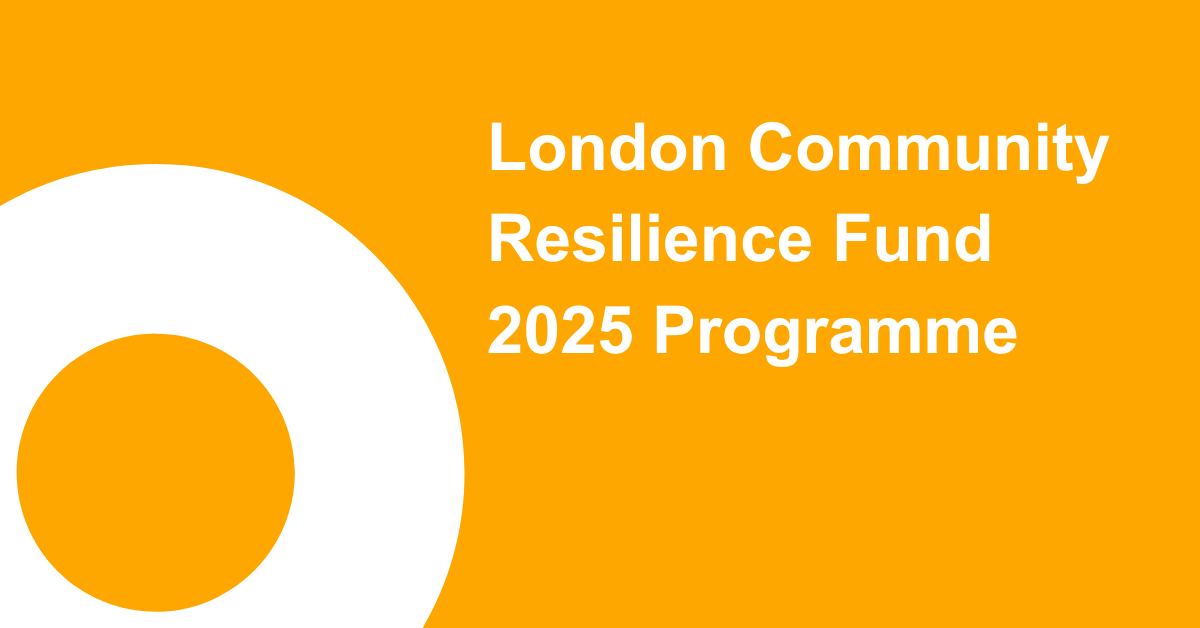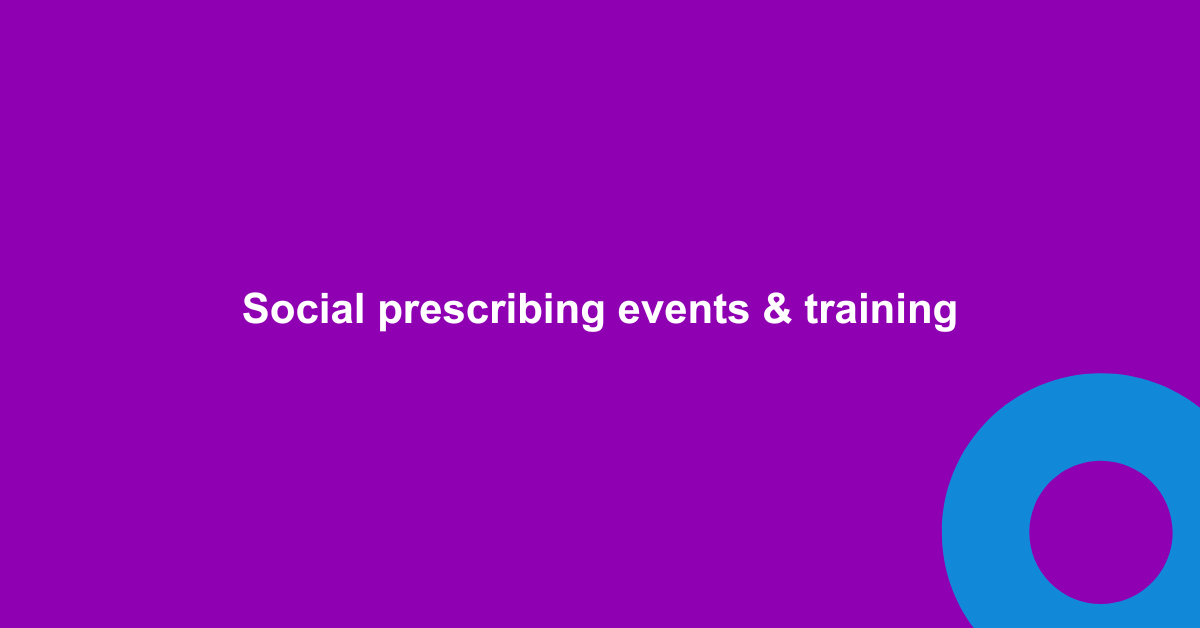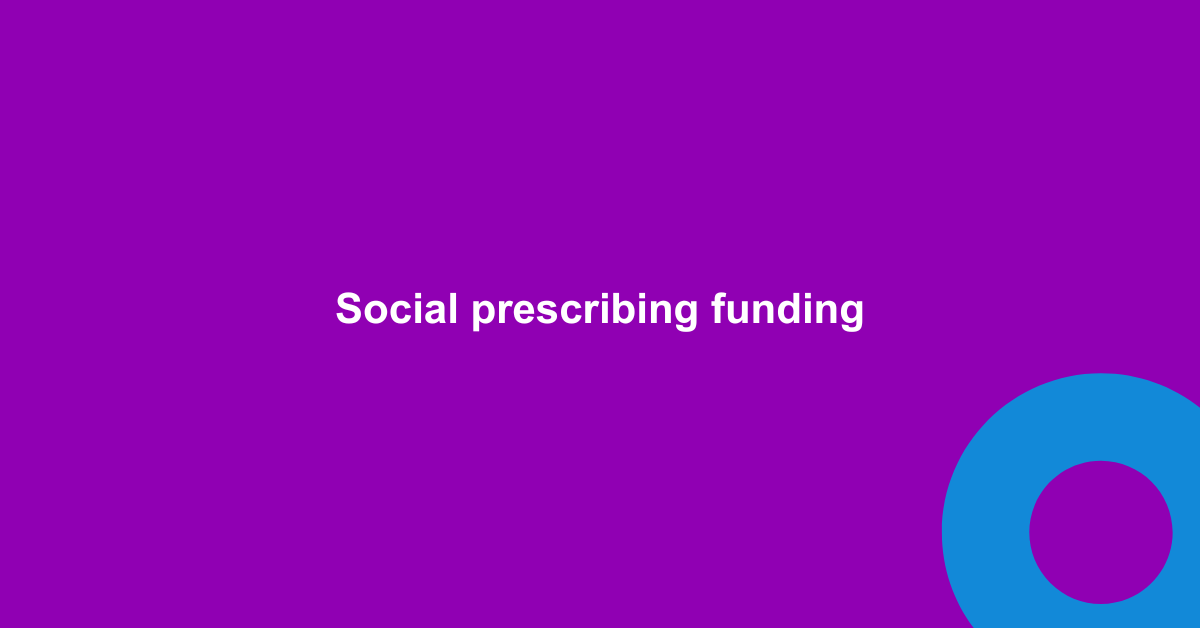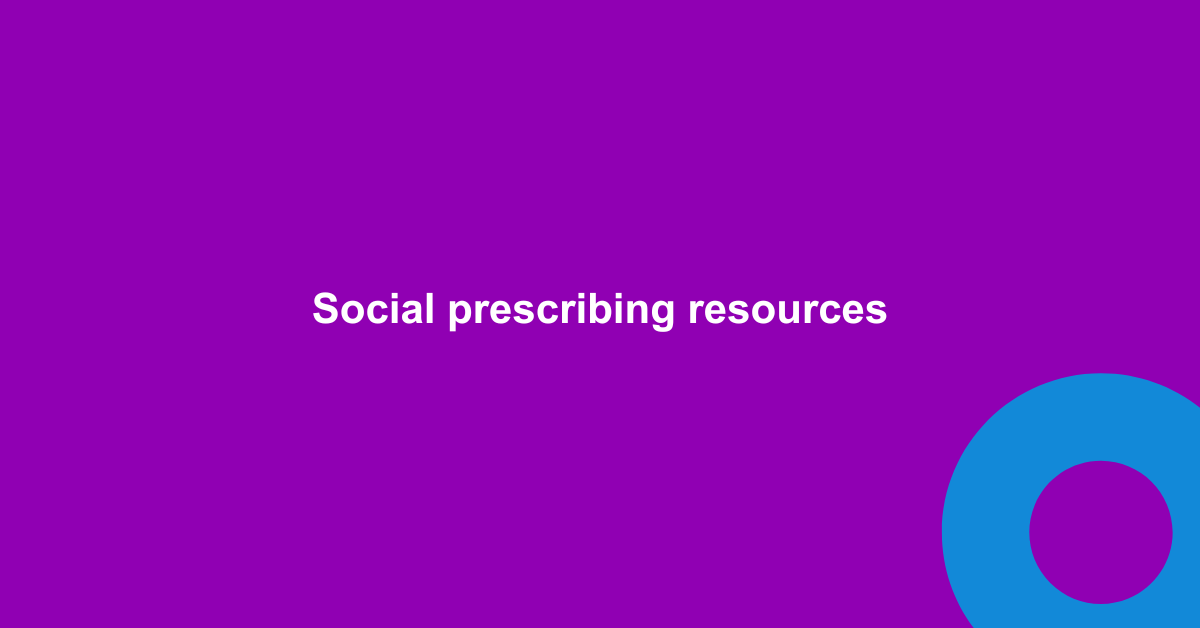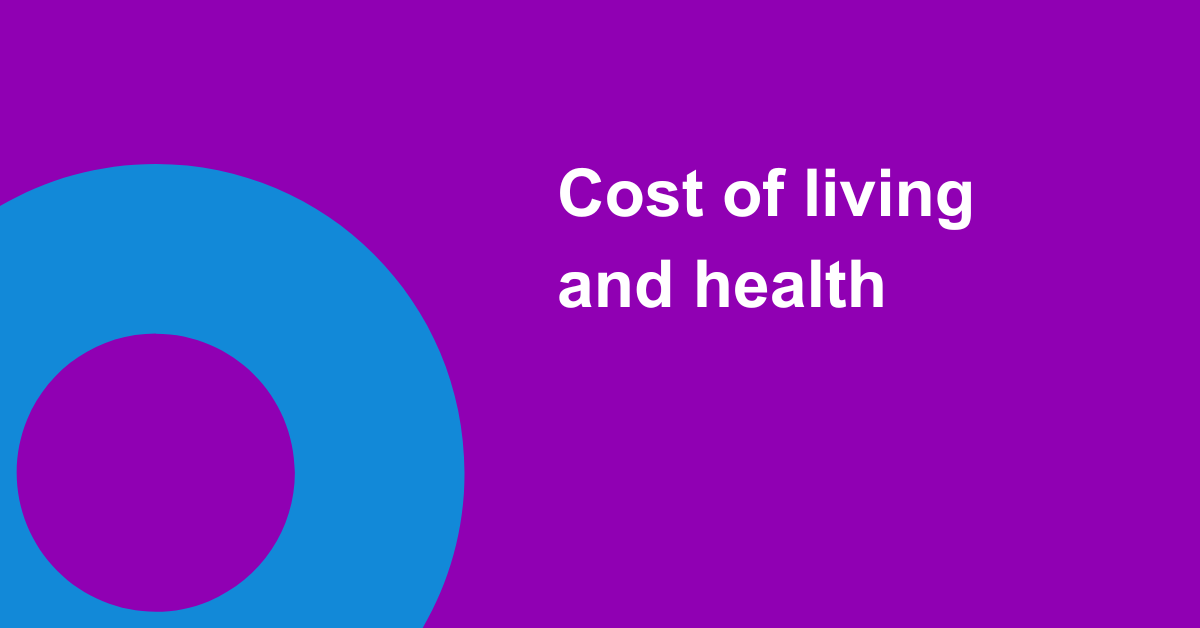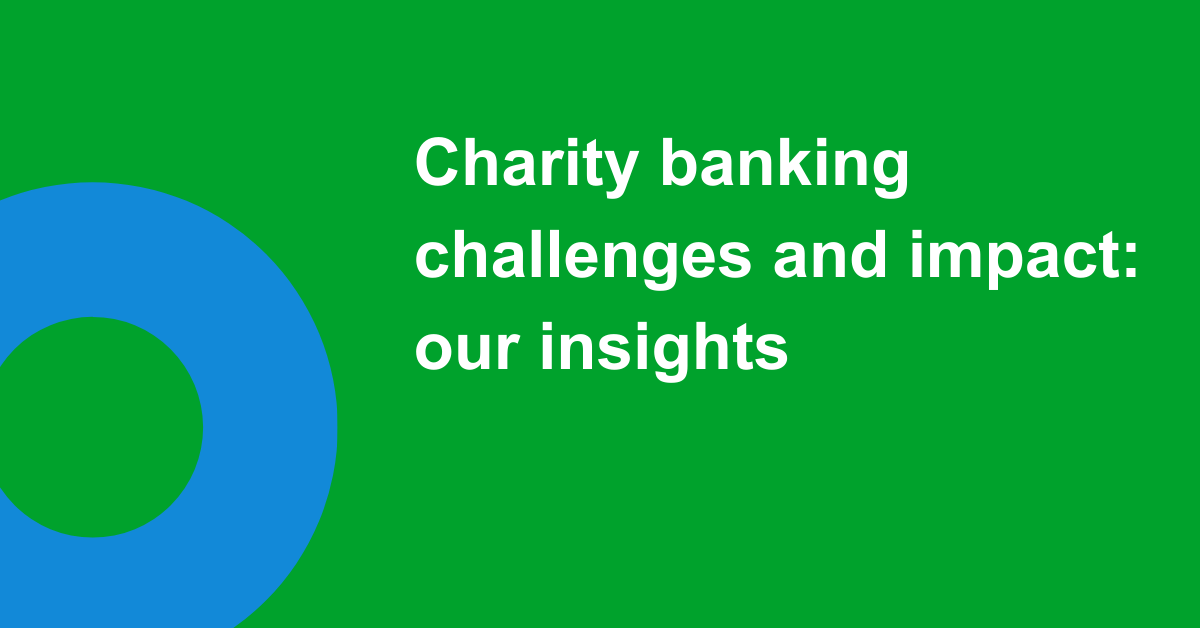In this blog, Lucy discusses the importance of harnessing the power of qualitative data and her work with colleagues at Datawise London to deliver the Qualitative Data 101 training programme.

Qualitative data. Where to begin?
Qualitative data is so important but sadly, it is also so often overlooked.
If you google qualitative data, you’ll find countless explanations along the following lines of “quant is numbers, qual is words”. Or “qualitative data can’t account for much and so it isn’t really that important”. But these explanations aren’t helpful at all. The truth is that qualitative data is so much more than text or words; it has many applications and, when generated and analysed correctly, can yield deeply compelling and empirically rich findings.
Aims of the programme
Over the past few months, London Plus has been working closely with colleagues at DataWise London to demonstrate exactly this. The aim of our programme, Qualitative Data 101, is to help London’s civil society to harness the power of the vast array of qualitative data we generate, often without realising it. Beginning with the basics, we introduce attendees to the three main components of qualitative data handling in practice:
- Research
- Ethics
- Analysis
Research
What is qualitative research? And what kind of topics and things can I research qualitatively? These are very common questions for people starting their qualitative data journey and as such, we answer these by starting with the basics. Our research sessions are orientated around these key questions and are lead by Dr Angela Schlenkhoff-Hus from The Coalition for Efficiency, who holds a PhD in Social Anthropology and specialises in helping charitable organisations with their application of qualitative data to practice.
At recent webinar sessions hosted by The Coalition for Efficiency and Superhighways, Angela has already begun to walk attendees through the basics of qualitative research practice including how to conduct interviews and focus groups for generating case studies. Forthcoming Qualitative Data 101 sessions with Angela and myself will also explore how you can utilise observational data and secondary resources, or “found data”, such as written feedback and social media interactions as a source of evidence to demonstrate impact.
Ethics
GDPR is often cited as one of the main reasons people avoid using qualitative data. When we extract or encounter information about people’s lived experiences, it can be challenging to know how to handle this data because the usual guidelines might, in some cases, be totally insufficient (Inckle, 2017: n.p). This is one of the trickiest aspects of working with qualitative data. But if navigated correctly, it can produce captivating stories which help to empower certain groups and communities.
Dr Christine Goodall of HEAR Network is our resident expert in this field, and has published on the importance and complications of ethical practice in academic research. In independent workshop sessions, Christine will be covering best practices for qualitative research, data handling and unexpected challenges. Attendees will have the option to walk through real world scenarios and troubleshoot using their own research. The aim of this is to ensure that they leave the session more confident in handling their qualitative data.
Analysis
And finally, analysis. How do you capture qualitative data? And once you’ve done this, how do you process it and what can you with it? At first glance, qualitative data can be overwhelming. You might have come away from a conversation thinking that you’ve understood everything that was said, only to find that when you try to write this up into a case study or a blog it’s all suddenly too much. The truth is, a lot of people underestimate how challenging qualitative data can be to analyse. This is because they are under the false impression that it’s not numbers and is therefore “soft” and pliable. In reality, it can be just as daunting to decipher survey comments or a phone recording as it can be analysing data in a Excel spreadsheet. If not perhaps trickier, because you’re the one that’s got to do the tidying and processing!
Soft and Hard Data
My sessions will cover the basics of qualitative data analysis, starting from where to begin with your data. Using a real life dataset or your own data, I will walk attendees through “soft” and “hard” data analysis processes and the software packages you’ll need for this work. You will need to bring your own laptop to the workshops, scheduled to take place later this year. The sessions will cover principles of soft analysis, such as identifying and mapping the main themes in your text for case studies. Then moving on to “hard” analysis, we will explore how to generate graphics such as word clouds and demonstrating how you can turn your text into statistics to evidence your impact.
The aim of this exciting new programme, is to engage with the qualitative data many organisations have and never utilise. The sessions are free to the sector through DataWise London. Our ultimate aim is to make qualitative research and data analysis more accessible to organisations. So that they can apply the qualitative data they own to improving their assets and services. Ultimately this will help them do what they do best – improve the lives of the communities they serve.
To view the Datawise London training timetable and sign up to upcoming sessions, please click here.


